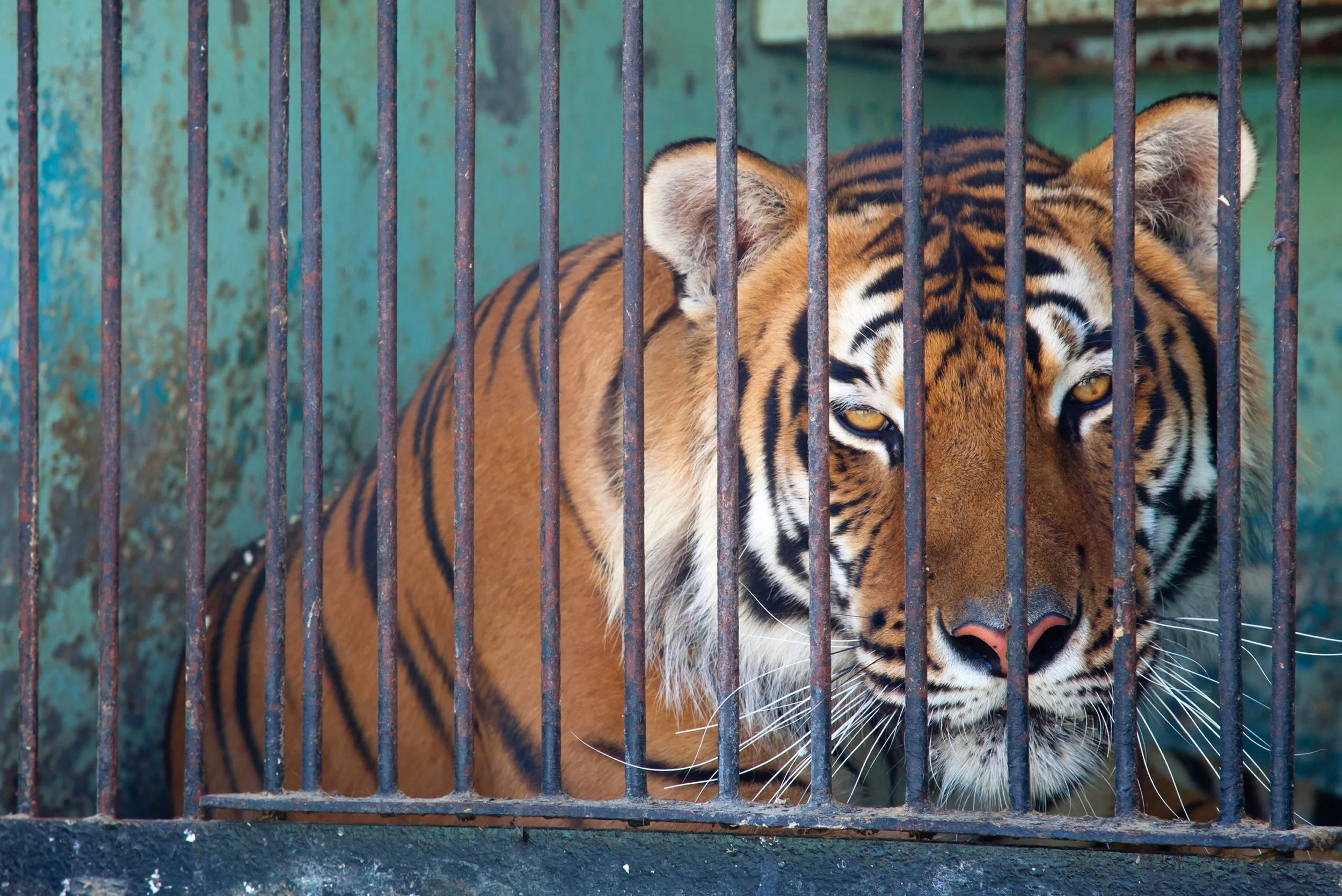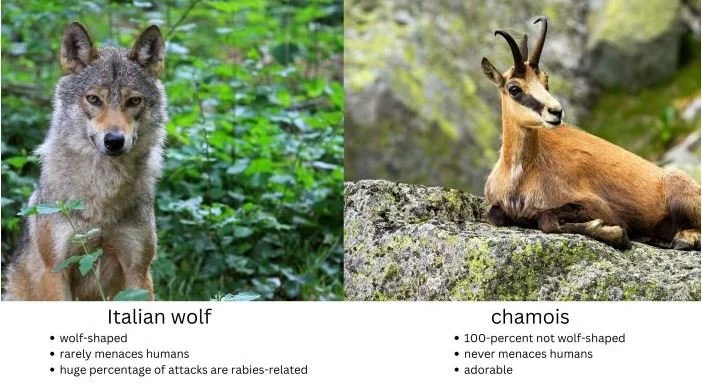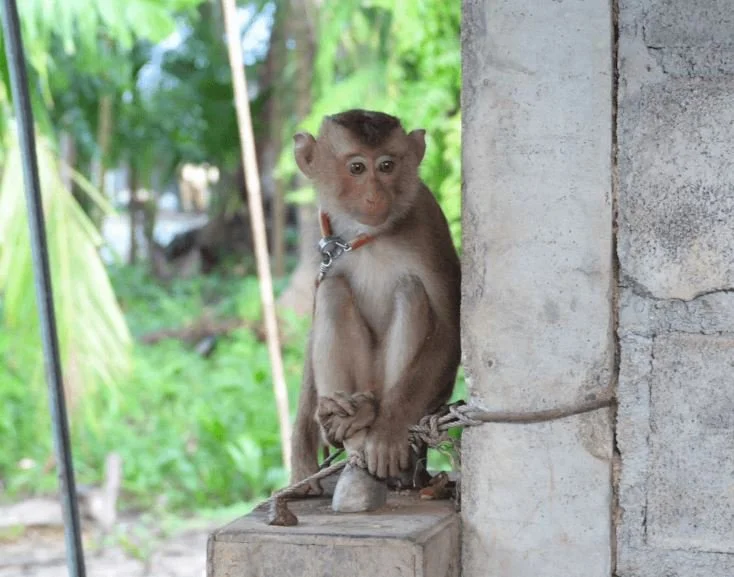The US House passed the Big Cat Public Safety Act in July, and last week the Senate gave its blessing for the legislation via unanimous consent. Now the bill waits for Joe Biden to sign it into law before we are all old and gray.
Hi.
Welcome to my blog.





















